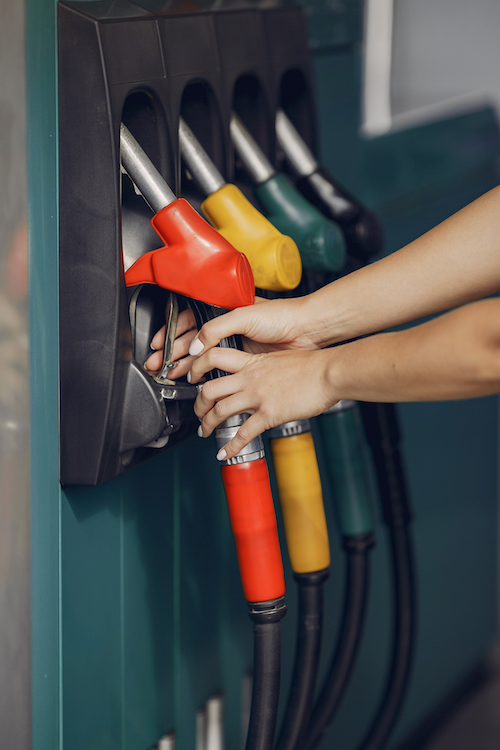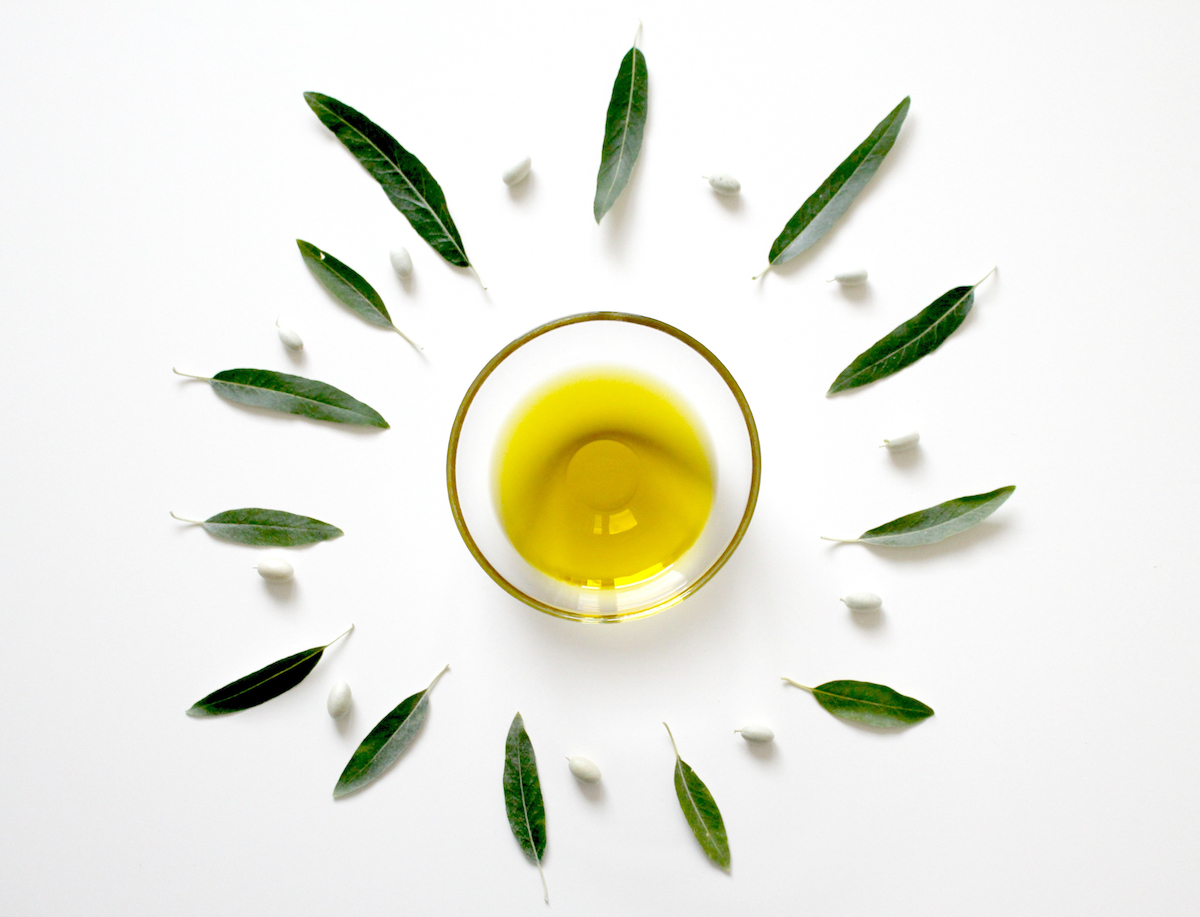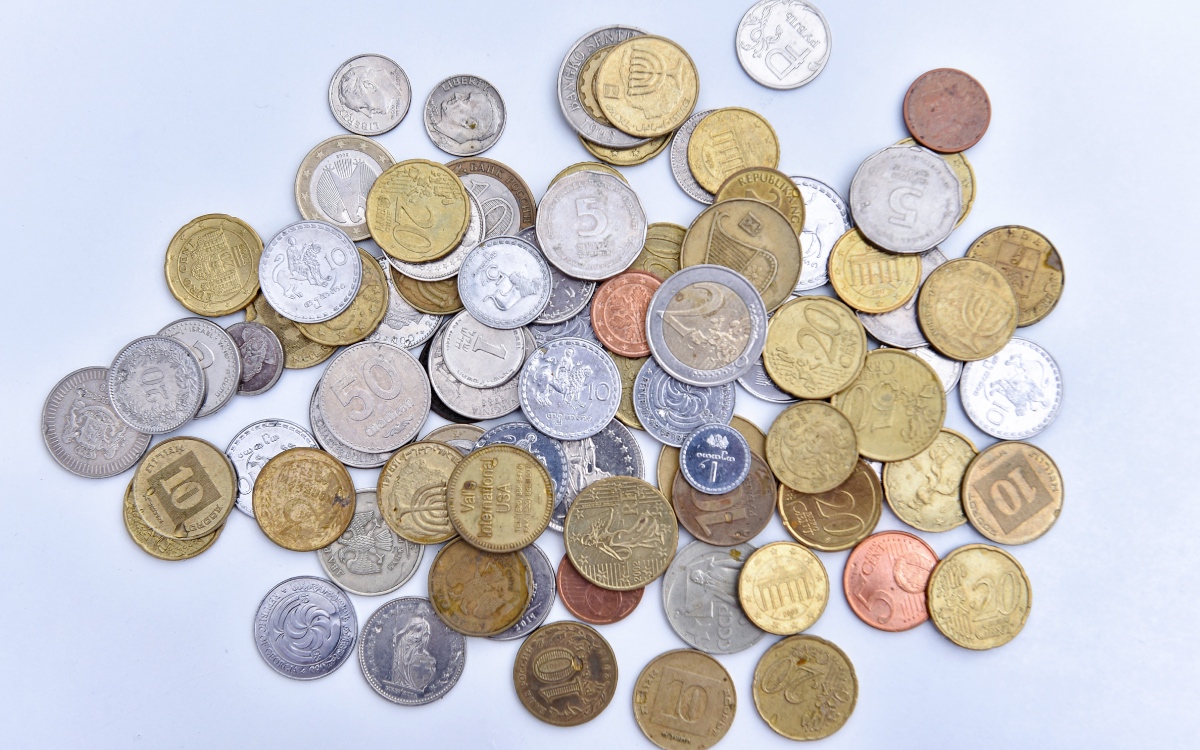Waste cooking oil (‘WCO’ – also commonly referred to as ‘used cooking oil’ or ‘UCO’) refers to edible oil that has been used for cooking or frying and which is no longer suitable for consumption. As the name suggests, WCO is considered by most to be a waste product. This characterisation requires waste management at a significant financial cost. In many countries, it also leads to WCO being disposed of into the environment which causes environmental and public health issues.
But does it have to be this way?
The BioCube Corporation believes that the most effective way to reduce waste is not to create it in the first place. If a commercial purpose can be found for a waste product, then what may have previously been an embarrassing red line on the balance sheet can be converted into an asset.

In the case of WCO, it has long been known that it can be recycled and converted into carbon-neutral biodiesel. In this respect, the possibility for WCO to shift from a liability into a saleable or reusable product cannot be disputed. The problem to date is that it has not always been financially viable to process WCO into biodiesel. For this reason, if WCO is not able to be sold cheaply in its raw form it may actually cost an organisation to dispose of it.
Changing The Equation
Today, however, through efficient and affordable biodiesel processing systems such as the BioCube™, the equation has changed.
Now, organisations with substantial quantities of WCO such as fast-food chains, schools and hospitals can recover their waste oil and in turn realise its potential to meet their own energy requirements. Commercial enterprises and government institutions such as these all produce vast amounts of WCO which may sit as a liability on their books. These organisations, however, also have significant energy requirements – to fuel their vehicles or power their buildings. By developing systems for the collection and local processing of WCO into biodiesel, a ‘waste’ can quickly and sustainably be converted into an asset.
Fuelling Nations


Research indicates that if properly collected and processed, WCO has the capacity to meet a significant proportion of nations’ diesel consumption requirements. A 2015 report by the European Biomass Industry Association (‘EUBIA’) found even in circumstances where there is no widespread collection system, biodiesel produced from WCO could replace 1.5% of the EU27 diesel consumption.[1] In Brazil, it is estimated that domestically sourced WCO has the potential to supply up to 13% of the country’s demand for diesel.[2] In India this potential is as high as 41.14%.[3] By these numbers, the scope for WCO to meet a greater share of nations’ energy needs is considerable.
From a policy perspective, there is a need for governments to more proactively tap in to this local, cheap, readily available resource and recognise the possibility for biodiesel produced from WCO to contribute to carbon emission and sustainability targets.
For private enterprise, the financial incentive exists independent of government policy. It is self-evident that where there is waste there is inefficiency. The cheap and often damaging disposal of waste cooking oil represents an ongoing example of this. Through a localised collection and processing system such as the BioCube™, WCO can be reconstituted as an asset rather than a liability.
If you are interested in any of the issues discussed above or would like to know how the BioCube™ can assist in meeting your energy needs please contact [email protected]
[1] https://ec.europa.eu/energy/intelligent/projects/en/projects/recoil
[2] https://www.sciencedirect.com/science/article/abs/pii/S1364032113003912
[3] http://www.jocpr.com/articles/biodiesel-production-from-waste-cooking-oil.pdf




